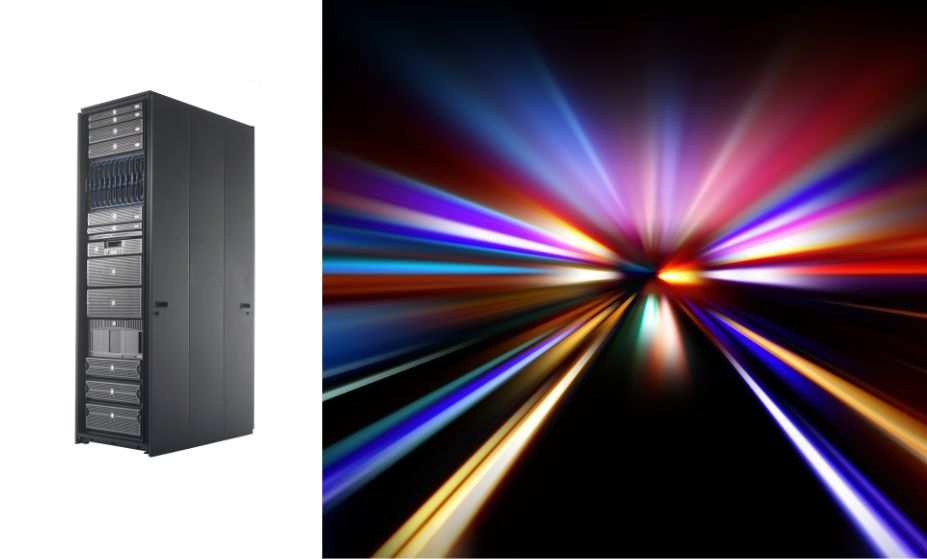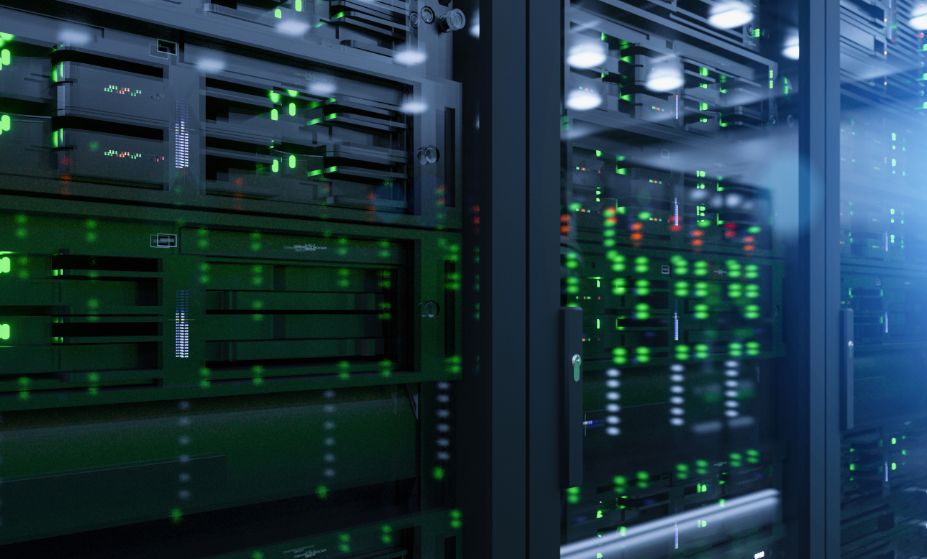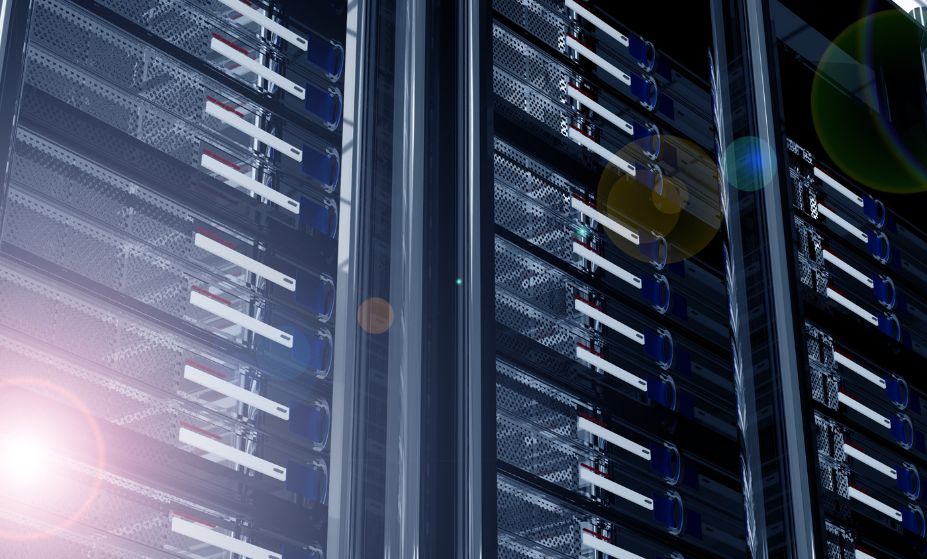A dedicated server is a powerful tool that can help your business run more efficiently and provide a better experience for your customers. However, it’s important to understand that not all dedicated servers are created equal. The hardware specifications of your server can have a significant impact on its performance, and it’s essential to choose the right hardware to ensure that your server runs at optimal speed. In this blog post, we will explore the importance of hardware specifications for dedicated server performance and provide tips on how to choose the right hardware for your needs.
Understanding Hardware Specifications
Before we dive into the importance of hardware specifications for dedicated server performance, it’s important to understand what hardware specifications are and how they affect a server’s performance. Hardware specifications are the technical details that describe the physical components of a server, such as a processor, memory, and storage. These specifications are important because they determine how much processing power, memory, and storage a server has, which directly affects its performance.
Processor
The processor, also known as the central processing unit (CPU), is the brain of the server. It is responsible for executing instructions and performing calculations. The more powerful the processor, the more tasks it can handle simultaneously, and the faster it can perform them. A server with a high-performance processor will be able to handle a large number of concurrent requests and provide a better experience for your customers.
Memory
Memory, also known as RAM, is responsible for storing data that the processor needs to access quickly. The more memory a server has, the more data it can store, and the faster it can access that data. A server with a large amount of memory will be able to handle a larger number of concurrent requests and provide a faster response time.
Storage
Storage, also known as a hard drive or solid-state drive (SSD), is responsible for storing data that the server needs to access regularly. The more storage a server has, the more data it can store. A server with a large amount of storage will be able to handle a larger number of concurrent requests and provide a faster response time.
Importance of Hardware Specifications for Dedicated Server Performance
Now that we’ve covered the basics of hardware specifications, let’s explore why they are so important for dedicated server performance. The hardware specifications of a server directly affect its performance by determining how much processing power, memory, and storage it has. A server with high-performance hardware specifications will be able to handle a large number of concurrent requests and provide a better experience for your customers.
Processing Power
A server with high-performance processing power will be able to handle a large number of concurrent requests and provide a faster response time. This is important because it ensures that your customers are able to access your website quickly and easily, which can improve their overall experience and encourage them to return to your site in the future.
Memory
A server with a large amount of memory will be able to handle a larger number of concurrent requests and provide a faster response time. This is important because it ensures that your customers are able to access your website quickly and easily, which can improve their overall experience and encourage them to return to your site in the future.
Storage
A server with a large amount of storage will be able to handle a larger number of concurrent requests and provide a faster response time. This is important because it ensures that your customers are able to access your website quickly and easily and that your website can handle large amounts of data, such as high-resolution images or videos. It also ensures that you have enough storage space to handle any future growth in data needs. Additionally, having enough storage space also allows you to store backups, which is critical for maintaining the security and integrity of your data.
Choosing the Right Hardware for Your Needs
Now that we’ve covered the importance of hardware specifications for dedicated server performance, let’s explore how to choose the right hardware for your needs. Here are a few tips to keep in mind:
- Assess your current and future needs: Before you choose a dedicated server, assess your current and future needs. Consider the number of concurrent requests you expect to receive, the amount of data you expect to store, and the type of workload you will be running on the server. This will help you determine the right hardware specifications for your needs.
- Choose a reputable provider: Choose a reputable provider that offers high-quality hardware and good customer support. Do some research and read reviews to find a provider that meets your needs and has a good reputation in the industry.
- Consider the cost: Hardware specifications can vary widely in cost, and it’s important to choose the right balance between cost and performance. Don’t skimp on hardware specifications if they are essential for your needs, but also don’t overspend if you don’t need the extra power.
- Regular Maintenance: Regular maintenance is also crucial, such as keeping your Operating system, software and drivers updated, this will help to ensure that the server runs smoothly and performance is optimized.
In conclusion, hardware specifications are an important factor in the performance of dedicated servers. Choosing the right hardware can help your business run more efficiently and provide a better experience for your customers. By assessing your current and future needs, choosing a reputable provider, and considering the cost, you can ensure that you choose the right hardware for your needs.



